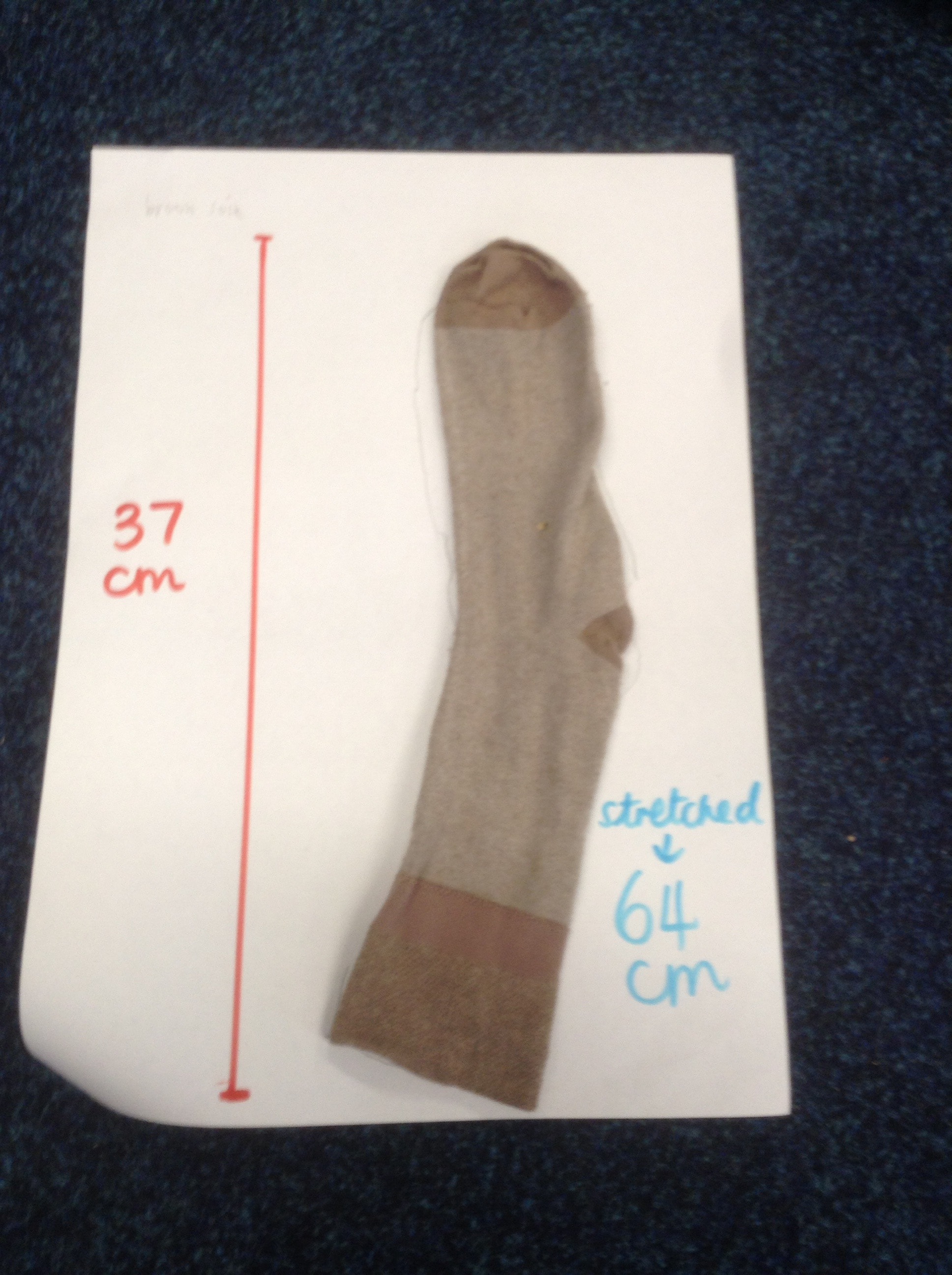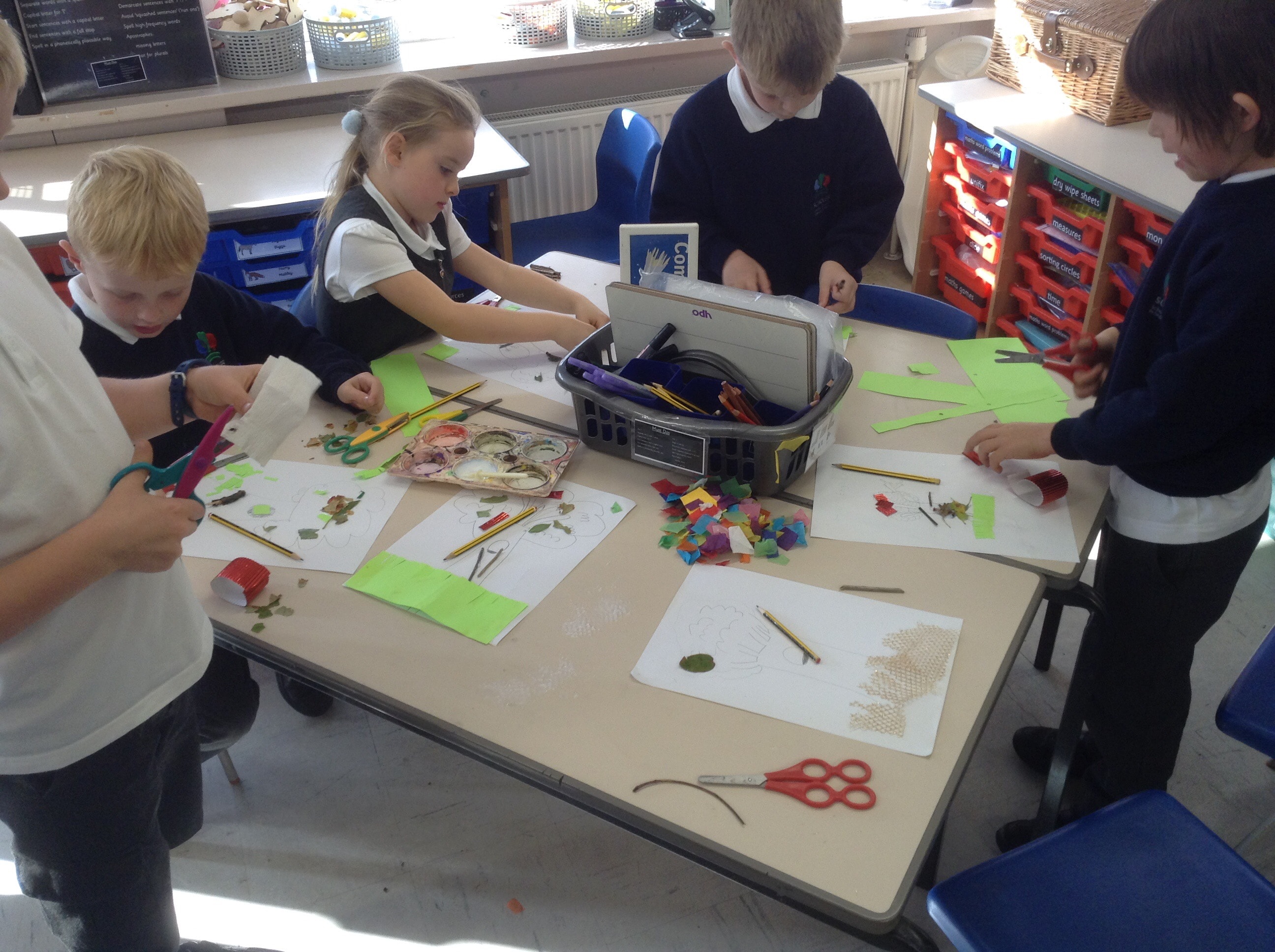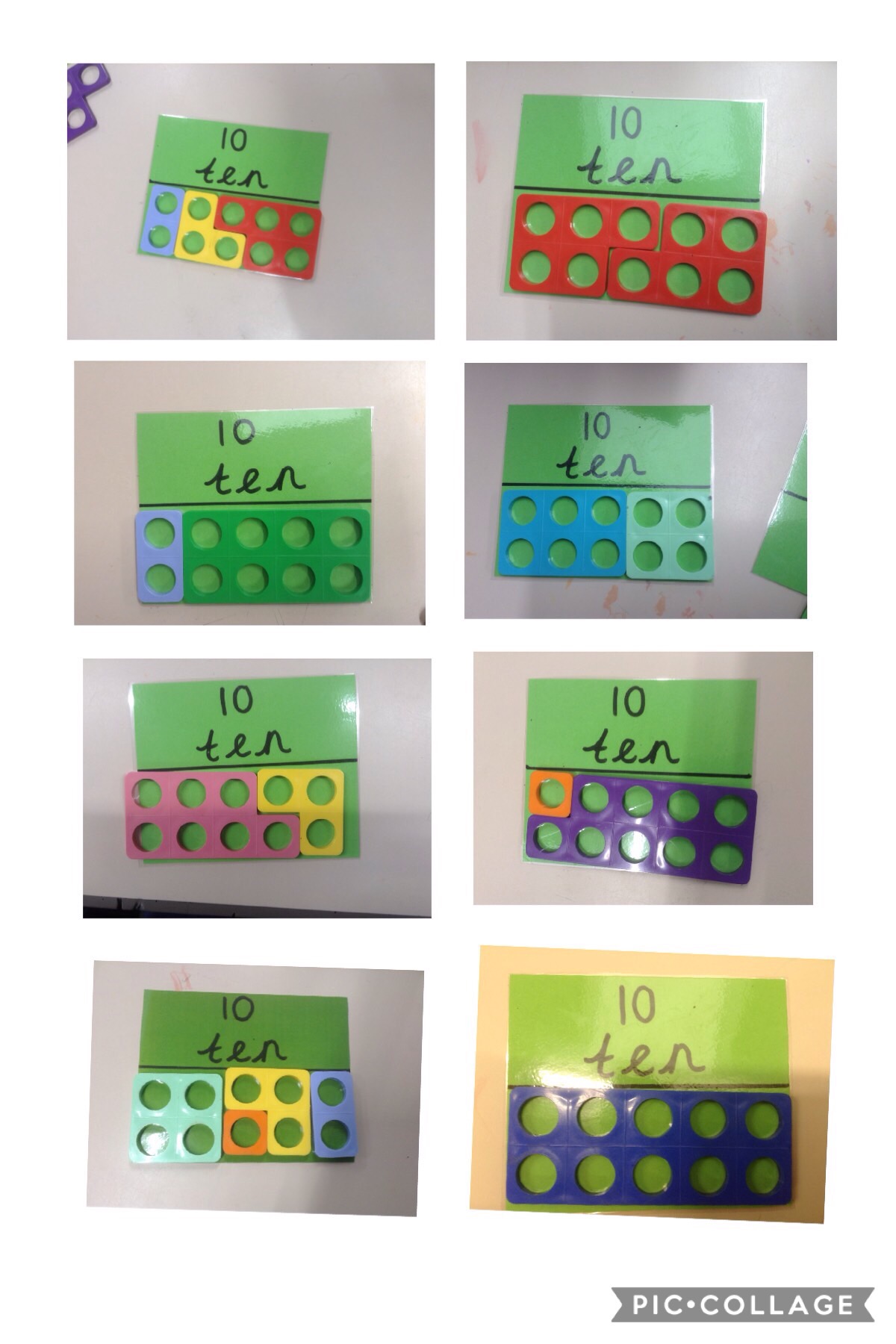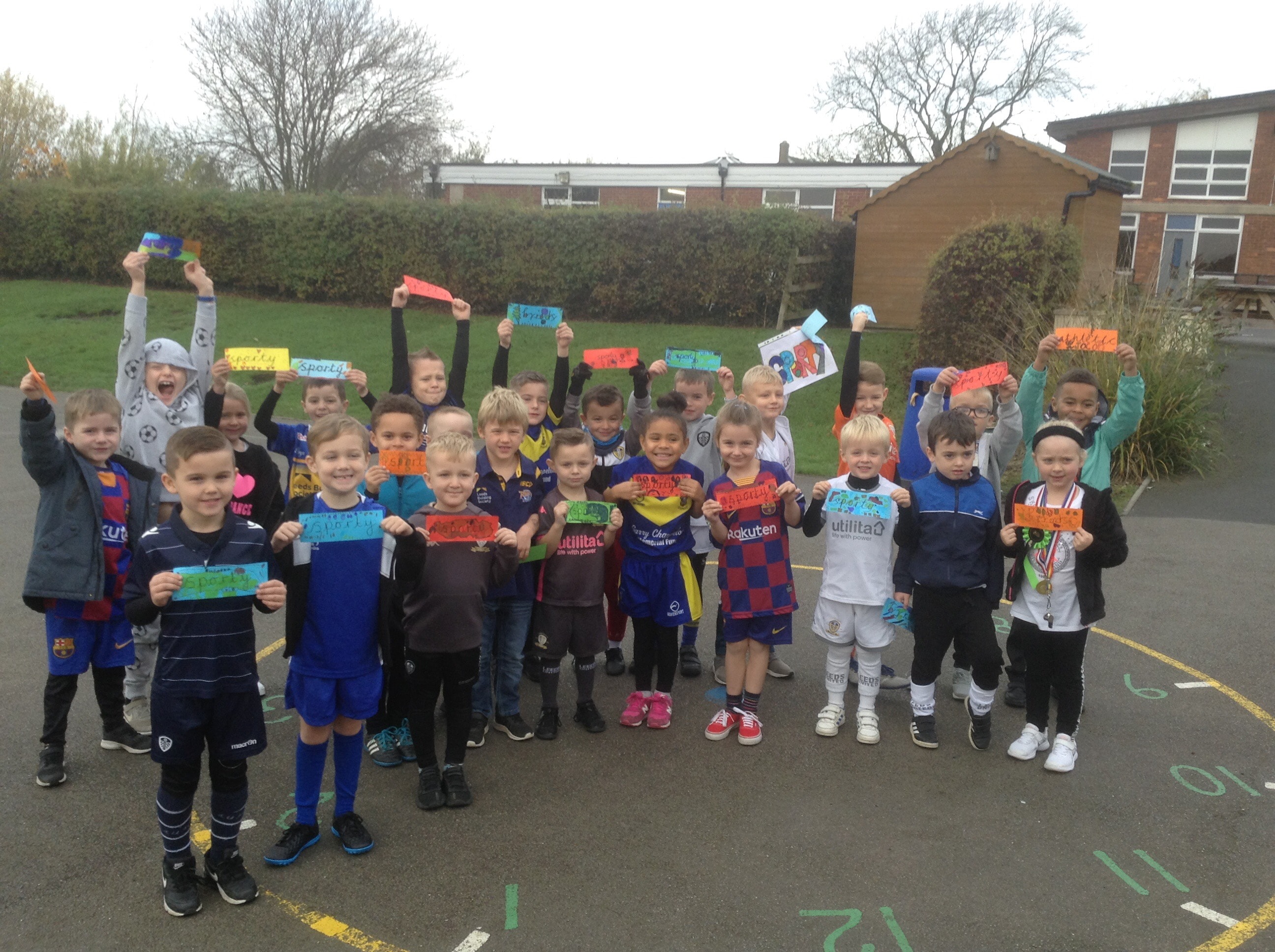10 January 2020
This week’s homework is Practice Makes Perfect.
Look at your doubles and halves. Write as many calculations or draw representations (pictures) of as many doubles/halves as you can.
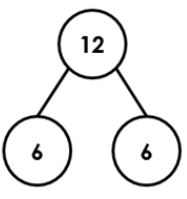
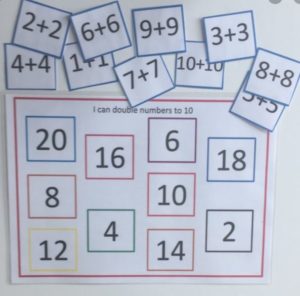
13 December 2019
This week, the whole school has the same Talk Time homework, which should be returned by Thursday 19 December: I can talk about what I was learning about in these photos.
Here are some pictures of the learning which children have been enjoying this week. For this homework, children should discuss the images with someone at home. This conversation could be about anything to do with the learning but here’s a few examples that might help…
- What were you learning here?
- Why were you learning that?
- Did you enjoy the learning? Why?
- Do you still have any questions about the learning?
- Would you like to learn more? Why?
If you are having difficulties accessing the website, please ask us to send home a print out of the images.
Writing a setting description based ‘The Eye of the Storm‘.


Identifying the figurative language in a poem used for an advert by the BBC. 


Combing computing and Geography by writing algorithms (a process or set of instructions to be followed – usually by a computer) to find the treasure using positional language (North, Northeast, East, Southeast, South, Southwest, West, Northwest)
Combining orienteering and geography by using the eight points of a compass to find the answers to clues in the playground. 



13 December 2019

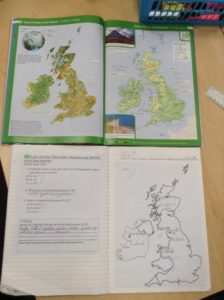
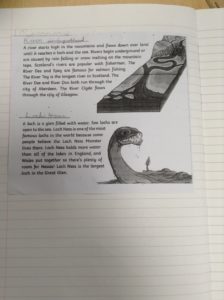

The homework is Talk Time: I can talk about what I was learning in these photos.
This week, we have taken some photos of our learning. We would like you to discuss:
- What did you do?
- What did you learn?
- What else would you like to find out
Times tables
See attached sheet for times tables practice – a Christmas Mosaic!
13 December 2019
This week, the whole school has the same Talk Time homework, which should be returned by Thursday 19 December.
I can talk about what I am learning.
Look at the photos and talk about what learning is happening.
06 December 2019
This week, the whole school has the same Creative homework, which should be returned by Thursday 12 December.
The children are invited to respond to something from either a cultural or a spiritual perspective.
I can show what I know and think about something cultural.
We’d like children to present their responses about a recent book they’ve read, film they’ve watched, piece of art they’ve looked at, piece of music they’ve listened to – anything cultural in fact.
We’re interested to read some sort of description (a summary, for example) and then your child’s opinions. This review might include pictures, an interview (your child could write a fictional script between himself/herself and the artist, for example), a letter (eg to or from a character, or perhaps even the author) – anything which might include your child’s responses!
However, your child might prefer to do the following:
I can show what I know about a festival.
Over the course of this term, some children in school may have celebrated a religious festival of some sort. This might have been
- the Muslim festival of Eid ul Adha
- the Sikh and Hindu festival Diwali
- the Jewish festival of Hanukkah, coming up in December
- the Christian festival (of course, celebrated by many non-Christians) of Christmas
- and the Chinese New Year festival, coming up
There are lots of other festivals and celebrations, which you and your child together might want to reflect on.
We invite children to respond to the sentence above – they might include a recount (like a diary entry), pictures, an interview (perhaps in a script). Your child might also choose to research a completely unknown festival, or they might even think about creating a brand new festival, one that everyone will celebrate.
29 November 2019
This week’s homework is Practice Makes Perfect and due in on Thursday 05 December.
In writing, we have been working on setting descriptions. We would like you to write a description of the island using the picture we have selected. Look carefully at the picture and describe what you can see.
What are the nouns? e.g. the palm trees, a cactus, animals, a cave.
What adjectives could you add? e.g. the exotic palm trees; the tall, spiky cactus; the wild animals; a mysterious cave.
Then build up your sentences to create a short, descriptive paragraph (this shouldn’t take longer than 20-30 mins). Think about whether you want your island to be a happy, friendly place, or a dark, mysterious one.
e.g. -Mysterious: Beware of the mysterious cave. It is there to swallow up any curious, wild animals trudging across the Caribbean Island.
e.g Friendly: The cool, relaxing cave is a peaceful place for the mermaids to relax. The songs of beautiful birds fill the warm air.
Times tables –
Recap on the times tables from previous learning.
Year 3 – 3 x table
Year 4 – 9 x table.
Use the website
https://mathsframe.co.uk/en/resources/resource/477/Multiplication-Tables-Check
Check your speed and accuracy of your times tables. We have used this in class.
Friday 29 November 2019
Friday 22 November 2019
This week, our homework is Practice Makes Perfect: I can name the countries of the British Isles and their capital cities. Linked to our Where in the World geography topic, this homework is all about learning, and remembering, a few important facts. Children should use the table below to learn the countries and their capital cities in preparation for our homework review by Thursday 05 December 2019.
| country | capital city |
| England | London |
| Scotland | Edinburgh |
| Wales | Cardiff |
| Northern Ireland | Belfast |
| Republic of Ireland | Dublin |
Times tables
This week, we will focus on the 12x table. Children should be ready for a test on Friday 06 December 2019. Here are a few examples of the kinds of questions children could be asked and the type of questions children could be practising in addition to the times table facts:
| 9 x 120 =
______ = 1200 x 30 1.2 x 6 =
|
72 ÷ 12 =
4800 ÷ 12 = _______ = 8.4 ÷ 12 |
|
29 November 2019
This week’s homework is Practice Makes Perfect.
Choose a number (or numbers) below 20. Write as many calculations (fact family) as you can about that number.


Friday 22 November 2019
This week, we will be focussing on words ending in the suffixes –ible or –able. As a general rule, although there are some exceptions which we’ll explore in our spelling sessions, we add –able when you are able to do it eg. breakable means you are able to break it. When there is no clear root word, we add –ible. This week, we’d like children to practise spelling the words below in preparation for a test on Friday 29 November 2019.
| invincible | legible | incredible |
| forgivable | reliable | enjoyable |
| valuable | breakable |
Friday 22 November 2019
This week, the whole school has the same Talk Time homework: Which charity should our school support?
Next week, a charity will be decided for us to support for the year ahead – for example, when we have a performance, we’ll collect money for this particular charity. What charity does your child think we should support?
You could talk about:
- what a charity is
- why charities are important
- what sort of work they do
- charities that have meaning to your family, to school or the community
- national and international charities and their work
Next week, each class will vote (because in our school we make democratic decisions) for the charity they would like to support to form a shortlist. Then, our recently elected School Council will decide which charity we will support for the next year.
